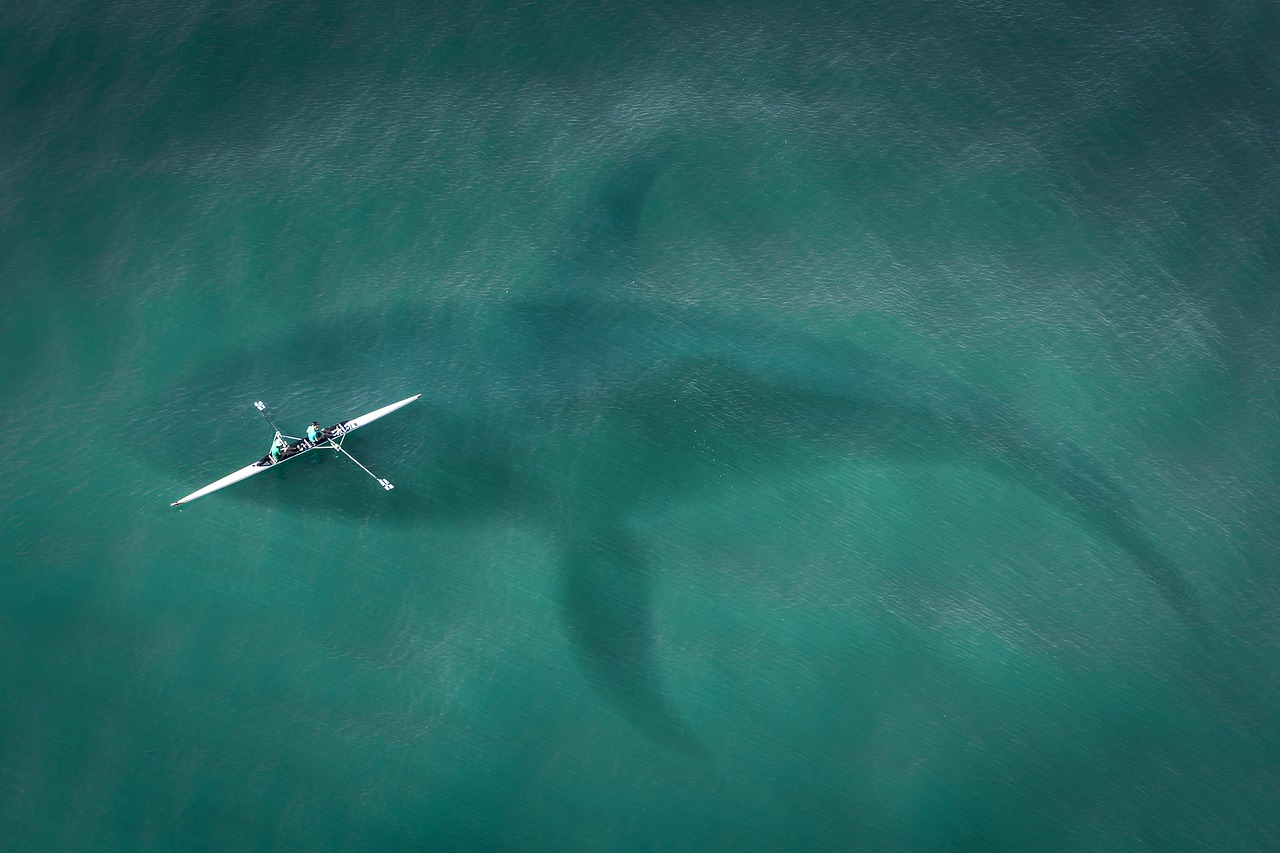The existence of Megalodon shark has long been surrounded by controversy. A new study published in the journal PLOS ONE reveals that the world’s largest ever shark became extinct about 2.6 million years ago. It rubbished theories claiming the 60-foot long predator never died out. Megalodon sharks, called Carcharocles megalodon, were even bigger than flying dinosaurs, and fed on giant whales.
What caused the extinction of Megalodon?
However, scientists are still unclear why these sharks went extinct. Fossils of Megalodon have been found the world over, including North America, Europe, Africa and South America. Most of them measured about 50 feet in length, with a maximum length being 60 feet. Scientists said the marine animals would never dare crossing Megalodon’s way.
Chris Clements, lead author of the study and research assistant at the University of Zurich, said that they used the Optimal Linear Estimation (OLE) technique to estimate when the shark went extinct. The technique doesn’t provide the exact date of extinction. Instead, it gives “a date by which” a species went extinct.
Researchers picked up 42 most recent fossils from the Paleobiology Database. They ran them through 10,000 simulations, where they entered the upper and lower estimate of the date when it disappeared. Each simulation selected a date for the said fossil. The time of their extinction falls on the border of the Pliocene and Pleistocene epochs, the period when baleen whales started growing to their modern gigantic sizes.
The timing of Megalodon’s extinction makes sense
Most of the Megalodon fossils were from the middle Miocene Epoch (15.9-11.6 million years ago) and the Pliocene Epoch (5.3-2.6 million years ago). The timing of their extinction makes sense. They fed on whales, dolphins and other marine animals. Scientists said, while calculating the time of extinction, they noticed that the gigantic sizes and modern functions of feeder whales became established around the same time.
Clements said further study is required to investigate whether Megalodon’s extinction played a role in the evolution of the new classes of whales.





